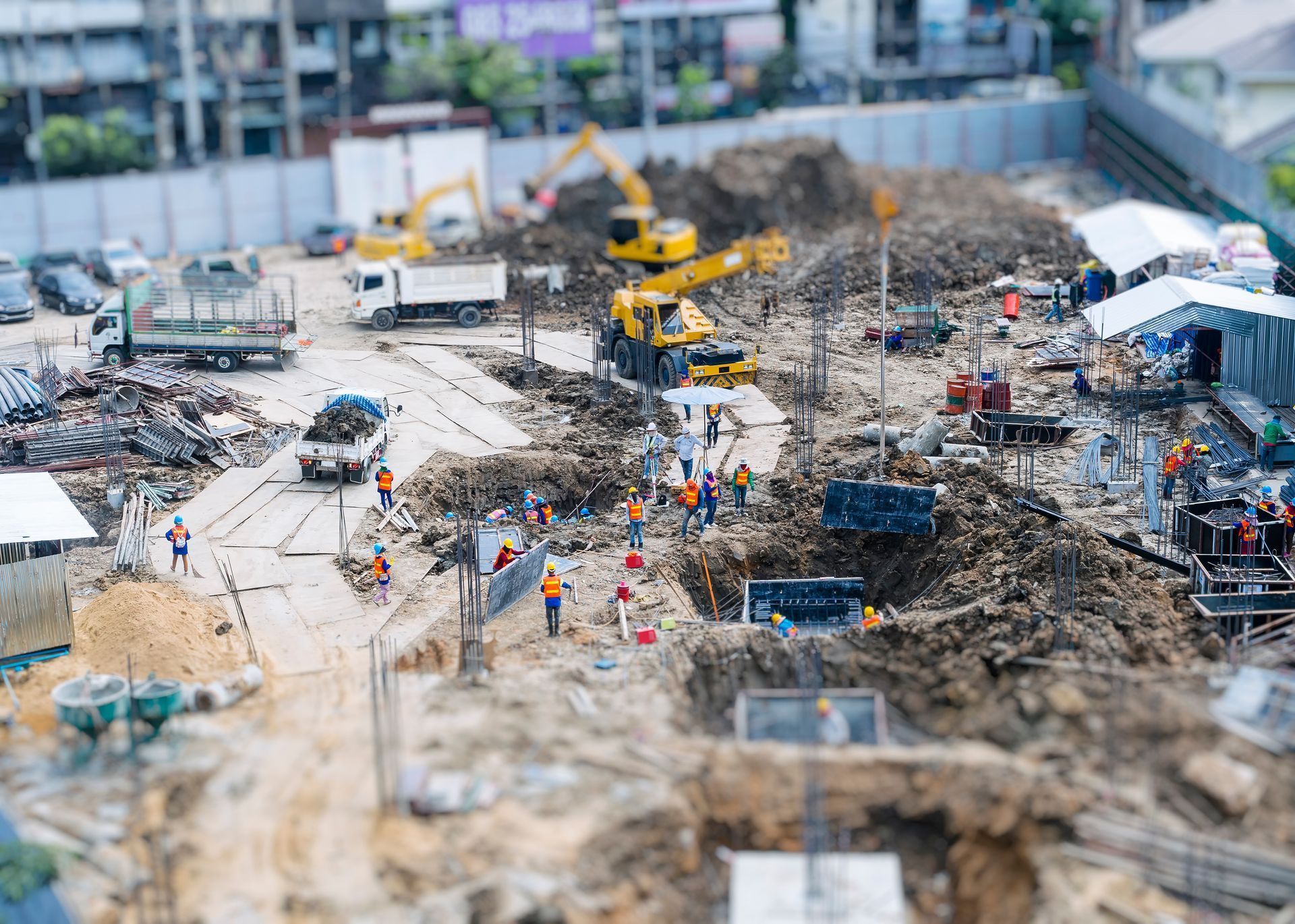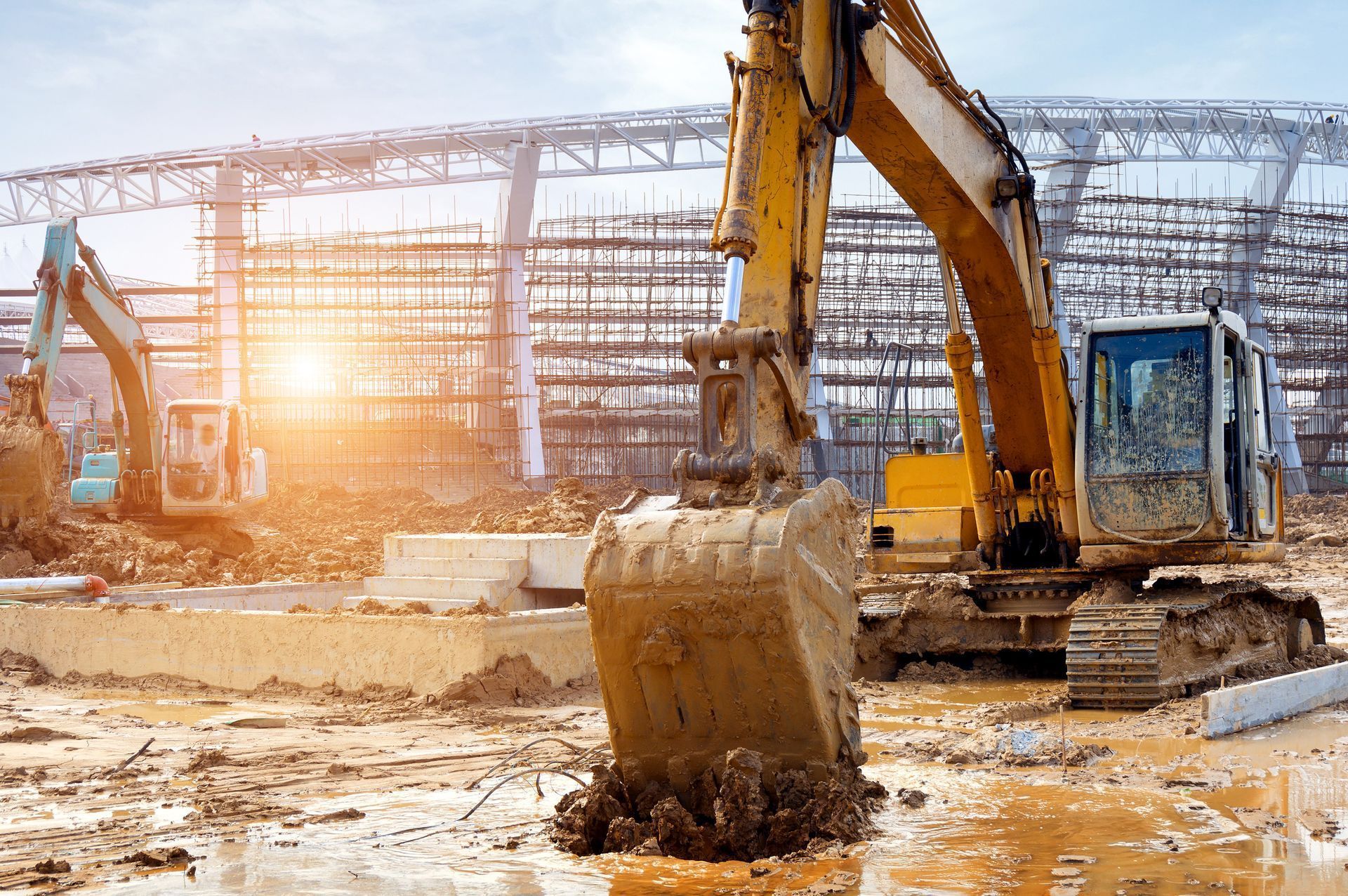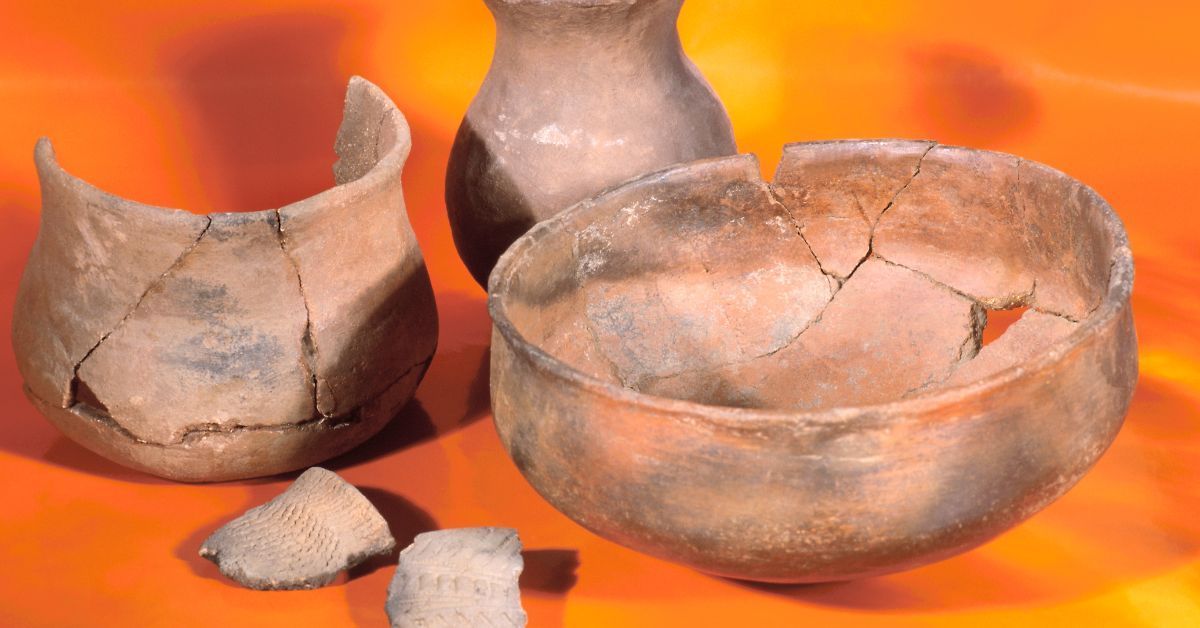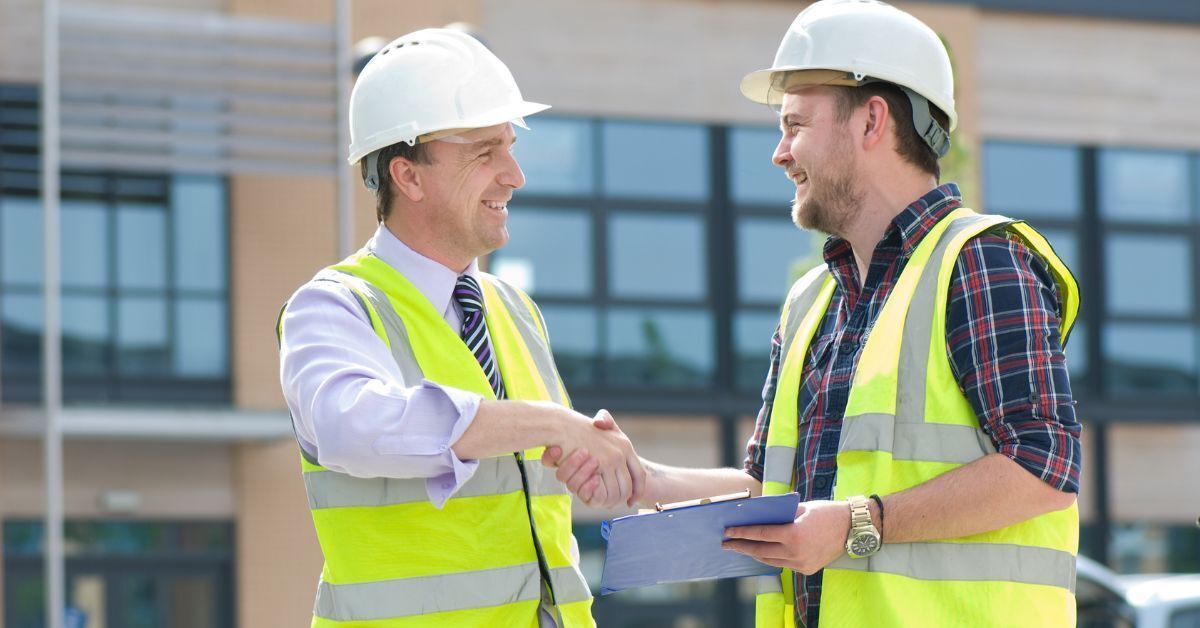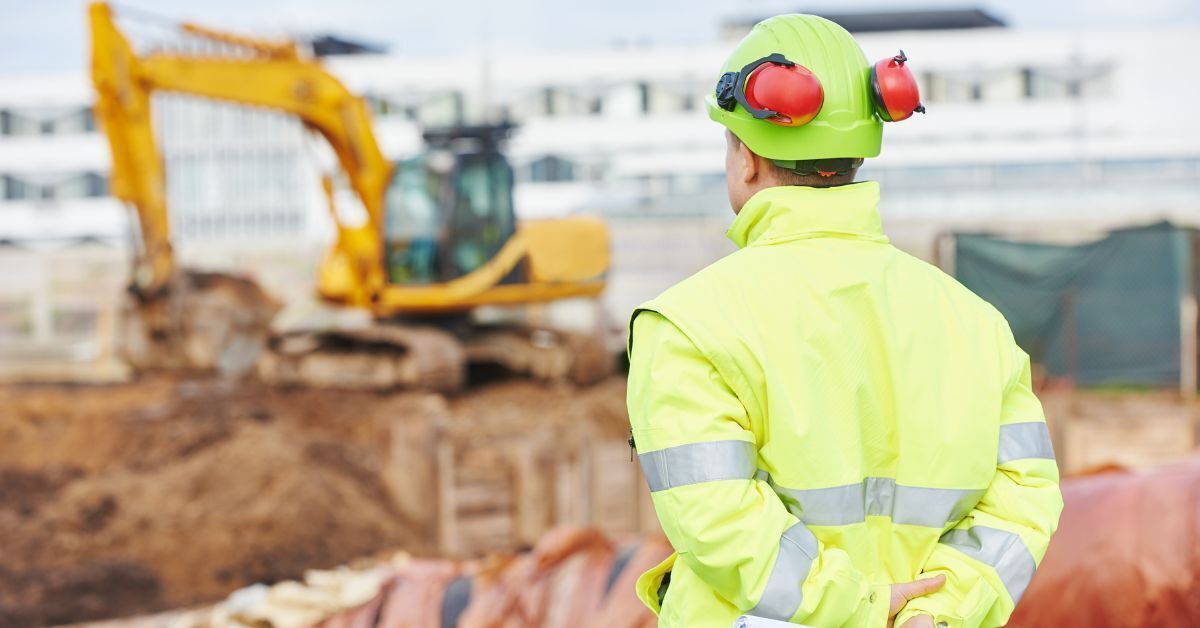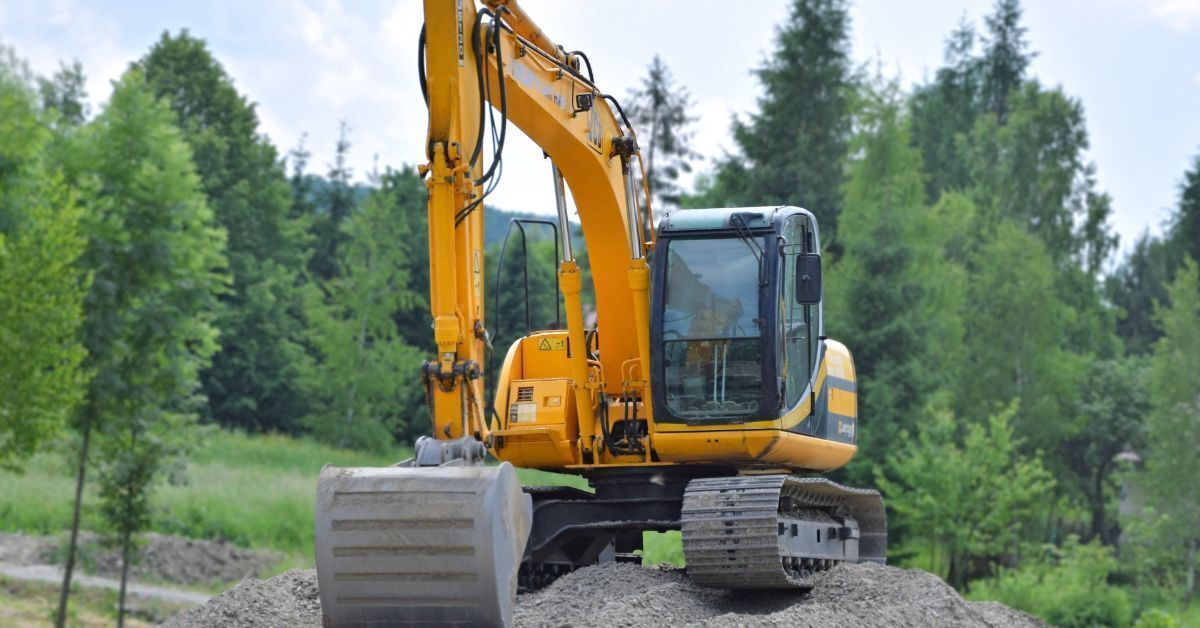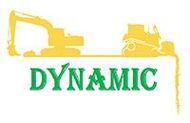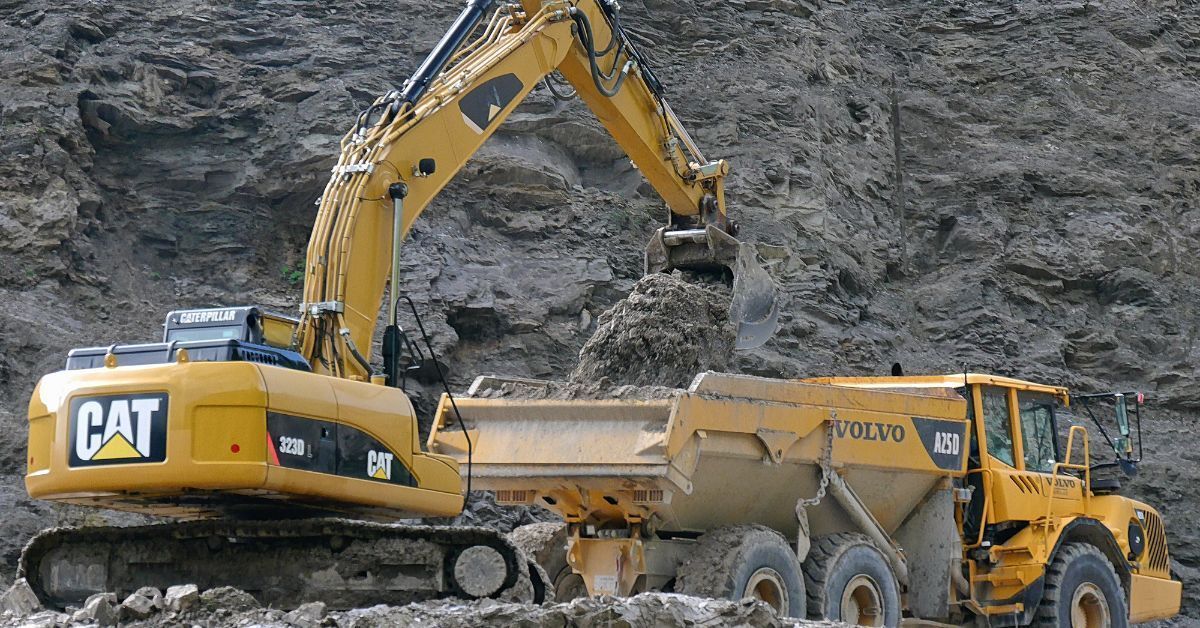10 Things You Need to Know Before Starting a Commercial Excavation Project
Are you looking to start a commercial excavation project? Before taking the plunge, it's important to be aware of the various factors that can affect your project. Here are 10 things you need to know before starting a commercial excavation project so you can ensure a successful outcome. From understanding soil and site conditions to dealing with necessary permits and regulations, these tips will help you ensure that your project runs smoothly. Good luck!
1. Always Consult With an Experienced Excavation Contractor Before Starting Your Project
Before beginning any excavation project, it is important to be aware of the elements involved and consult an experienced contractor. An experienced excavator can provide guidance and advice throughout the project to ensure that your job is completed to industry standards.
They will be able to help you navigate the permitting process, secure all the necessary materials, and address any safety or environmental concerns. Experienced professionals will also be up-to-date on all local codes and regulations that must be followed for a successful completion of the project.
Furthermore, having a qualified excavator on your side means that any potential setbacks or unknown surprises that may come up during construction are more easily handled without delay.
Ultimately, engaging a knowledgeable professional from the outset of your commercial excavation project is essential for ensuring a successful outcome.
2. Be Aware of the Site Surroundings and Potential Hazards Before Beginning Excavation Work
It is important to identify and be aware of any potential hazards that the site may present before beginning excavations. During this phase, it is important to have a clear understanding of the topography of the land, including any underground cables or pipes that need to be avoided during excavation.
In addition, always check for possible hazardous materials like chemical spills, hazardous soils, or contaminated ground water that could potentially cause harm to workers and contaminate the surrounding environment.
By doing a detailed survey of the site before beginning works, you can ensure worker safety as well as maintain compliance with all local regulations and codes.
3. Research the Soils on Your Site to Determine the Safest Methods
The soil type present on a given site will have a large impact on how your excavation project is carried out. Knowing the types of soils present, as well as their characteristics, will help inform the best methods for excavation in that area.
Soil samples can be taken and tested to determine whether they will need to be treated or replaced. It is also important to be aware of any potential for ground water on the site, as this can affect the stability of the soils and cause issues during excavation.
Researching the soils on your site ahead of time will ensure that your excavation project is carried out in the most efficient and safest manner possible.
4. Have the Necessary Permits and Approvals in Place Before Starting Work
Before beginning any excavation project, it is essential to make sure that all necessary permits and approvals are in place. Depending on the size and scope of your project, you may need to secure building, land-use, or environmental permits from the local government.
In addition, many projects also require an inspection from a professional engineer to ensure that the work will adhere to all local codes and regulations. Without the proper permits and approvals in place, it is not possible to legally carry out your project and this may result in fines or other penalties.
5. Comprehensive Safety Plan in Place and Ensure All Workers Are Familiar With It Before Beginning Work
Finally, it is important to have a comprehensive safety plan in place before beginning any excavation work. This includes having all necessary personal protective equipment (PPE) available onsite and making sure that workers are familiar with it and understand how to use it properly.
It is also essential to ensure that all workers are thoroughly trained in the safe use of any potentially hazardous tools and equipment, as well as any emergency procedures that may be necessary.
Ensuring a safe work environment is essential to the success of any excavation project, so it is important to have a comprehensive safety plan in place before beginning work.
6. Use Properly Rated and Certified Equipment to Avoid Potential Accidents
It is important to use properly rated and certified equipment when excavating, as this will help ensure that the work is carried out as safely and efficiently as possible.
Using heavy machinery such as backhoes or bulldozers can greatly speed up an excavation project, but these pieces of equipment must be used with caution, as they have the potential to cause injury or damage if used incorrectly.
Make sure that all equipment is inspected regularly and maintained in accordance with the manufacturer's instructions. Furthermore, ensure that only certified personnel operate heavy machinery onsite.
7. Keep Workers Away From Trenches That Are More Than 4 Feet Deep Without Proper Protection Systems in Place
It is important to be aware of the potential hazards posed by deep trenches. Any trench deeper than 4 feet must have a proper protection system in places, such as shoring or shielding, to prevent workers from being injured by falling debris or cave-ins.
In addition, all trenches should be monitored regularly throughout the duration of the project to ensure that they remain safe and stable.
By taking the necessary precautions and following these best practices, you can help ensure that your excavation project is carried out safely and efficiently. With proper planning and preparation, your excavation project can be completed without incident.
8. Take Care When Handling Explosives Materials On-Site
Finally, it is important to take special precautions when handling explosives or other hazardous materials on-site. It is essential that all workers are trained in the proper use and storage of these materials, as well as any emergency procedures that may be necessary.
In addition, it is important to ensure that all hazardous material is stored safely away from the work area and that all appropriate safety measures are taken when handling it.
By taking the necessary precautions, you can help ensure that your excavation project is carried out safely and without incident.
9 .Make Sure Traffic Markings and Signs Are Clearly Visible to Pedestrians and Drivers Near the Worksite
It is important to ensure that traffic markings and signs are clearly visible to pedestrians and drivers near the worksite. This will help prevent collisions or other accidents from happening when vehicles or people come too close to the excavation area.
Make sure that all appropriate signs and markers are in place at least 10 feet away from the edges of any open excavations, and that these signs are clearly visible to drivers and pedestrians.
It is also important to be aware of any traffic regulations in your area and ensure that your workers abide by them at all times. By making sure that traffic markings and signs are clearly visible, you can help minimize the risk of accidents or injury onsite.
10. Always Clean up Debris and Waste Material From the Site as Soon as Possible to Prevent Environmental Contamination
It is important to always clean up any debris and waste material from the site as soon as possible. This will help prevent environmental contamination and ensure that the area remains safe for workers, pedestrians, and wildlife.
Make sure that all hazardous materials are disposed of properly in accordance with local laws and regulations. By taking the time to clean up the site, you can help ensure that your excavation project is completed safely and responsibly.
By following these best practices, you can help keep your workers safe and minimize the risk of any accidents occurring onsite. With proper planning and preparation, your excavation project can be completed without incident.
Excavation projects require a lot of safety precautions to ensure that everyone involved remains safe. By following the best practices outlined above, you can help protect your workers and keep them out of harm's way. With proper planning and preparation, your excavation project can be completed without incident and with minimal risk to those involved.
